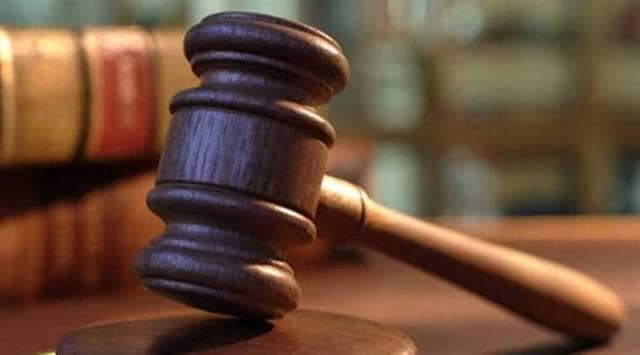Complainant in murder case, who fled to Canada for safety, allowed to record statement through video conferencing
Lovejyot, through his counsel Charanjit Singh Bakshi, told the court about the threat to his life and his inability to come to India.
 The court of Additional District and Sessions Judge (ADSJ) Sandeep Kumar Singla had previously fixed October 5 for the hearing of the case. Considering the circumstances, the court has allowed Lovejyot to depose in the case through video conferencing. (Representational)
The court of Additional District and Sessions Judge (ADSJ) Sandeep Kumar Singla had previously fixed October 5 for the hearing of the case. Considering the circumstances, the court has allowed Lovejyot to depose in the case through video conferencing. (Representational)Mohali district court on Thursday allowed Lovejyot Singh, a complainant in a murder case to record his statement through video conferencing. The complainant had fled to Canada fearing for his life.
The court of Additional District and Sessions Judge (ADSJ) Sandeep Kumar Singla had previously fixed October 5 for the hearing of the case. Considering the circumstances, the court has allowed Lovejyot to depose in the case through video conferencing.
On Lovejyot’s complaint, a case under Sections 302,473,148,149,120-B, 201 of the Indian Penal Code (IPC) and 25/54/59 of the Arms Act was registered at Banur police station on September 7, 2017. He alleged that the accused Nirmaljit Singh (Nimma), Sukhjit Singh and their
accomplices had hired a gangster Lawrence Bisnoi, to eliminate his uncle, Daljit Singh (Pinchi).
Lovejyot, through his counsel Charanjit Singh Bakshi, told the court about the threat to his life and his inability to come to India.
He had also filed a writ petition in Punjab and Haryana High Court for security. Bakshi said that the petition was still pending in the high court and due to the continuing threats to his life, Lovejyot had to flee India.
While pronouncing the orders, the court had observed that the case was already considerably delayed. Though the process to examine the witness through video conferencing may take quite some time, the statement of the complainant is essential to the case.
Thus, the court believed that there is no reason to deny the complainant’s rights to be examined through video conferencing.
“The rights of the accused can be taken care of and the court may pass appropriate order at the time of examination of this witness. In view of these facts and circumstances, the application filed by complainant Lovejot Singh for his examination through video conferencing is allowed,” the court-ordered.







